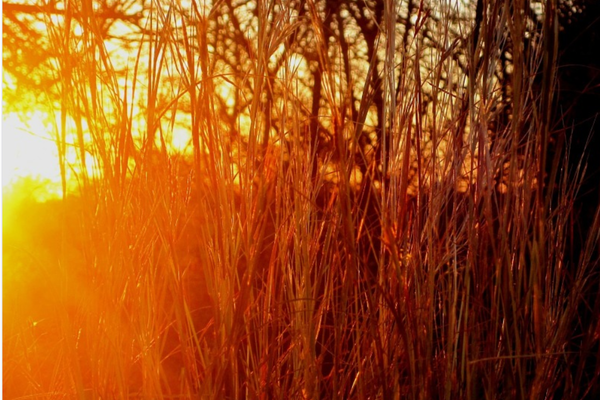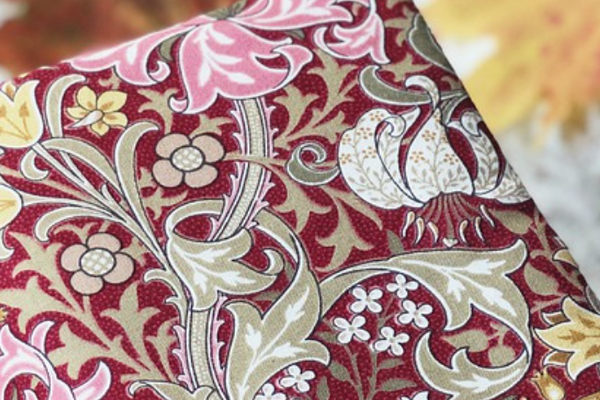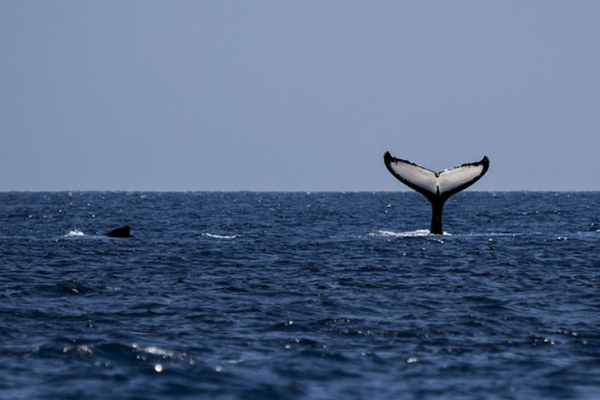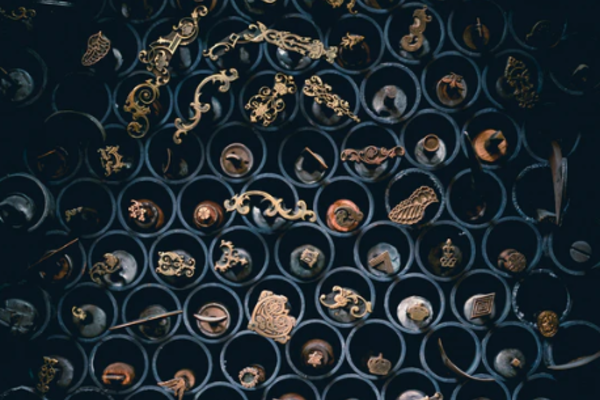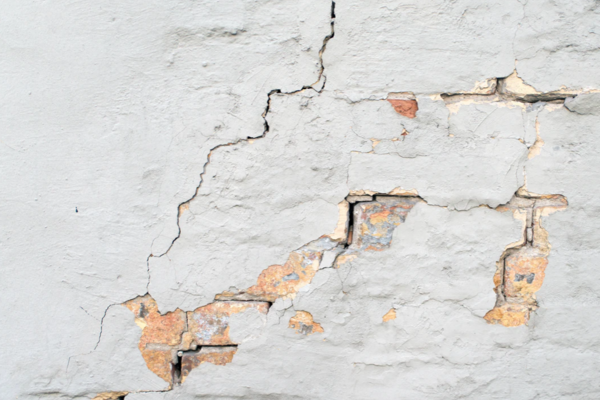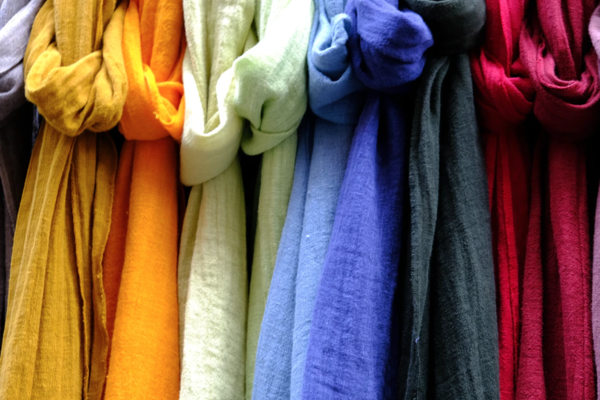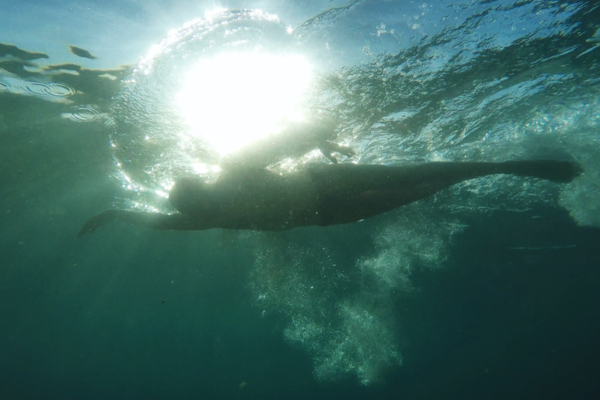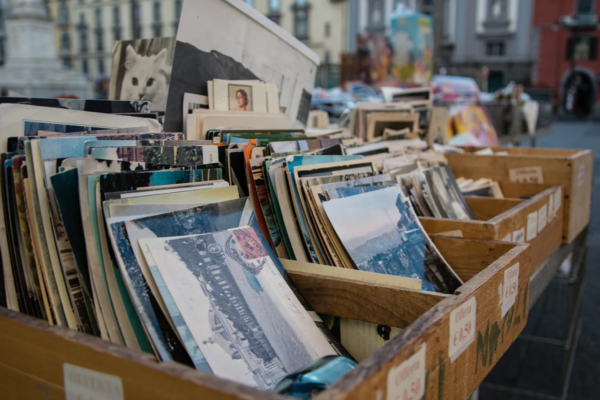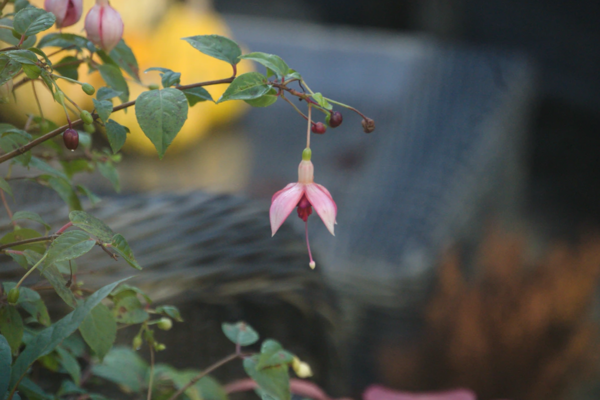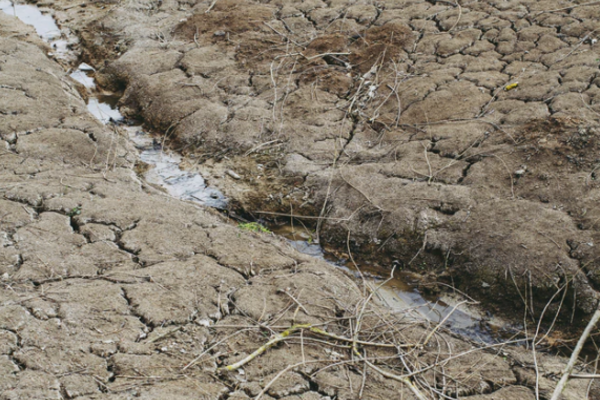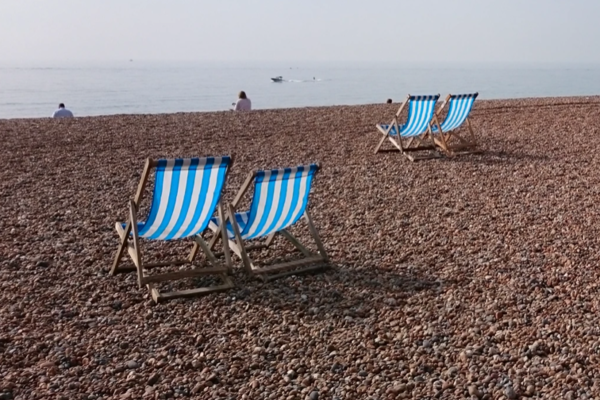In My Grandmother's Garden
There are several photos of that afternoon. This is my memory of the photos, not the afternoon itself, which I’m almost sure I don’t remember at all. It is a sunny summers day. Some of the family are collected in my grandmother’s garden. My father had broken his leg vaulting over a gymnastics horse, and there is one photo of him settled in a deckchair, laughing, his leg stuck out in front of him in its plaster cast. His crutches are propped up against the side of the chair. He will have been demanding, and enjoying, the attention. My aunt is there too, both of them vying for the centre spot, needling one another, a layer of tension below the laughter. I expect there would have been tea later, made by my grandmother.
Pyramids of coconut sponge, scones and jam, a yellow seed cake. Tea at my grandmothers was always an occasion.
In another photograph my cousin is posed between my sister and me. He’s about 12, his hair still the white blonde of his childhood, as is his open grin; he is curling his biceps over our heads in a display of mock strength. We stand on either side in matching dresses of different colours, red for me, blue for my sister. I am perhaps eight, my sister therefore six. We are slightly twisted away from the camera, heads ducked, shy smiles, awkward in comparison to my cousin’s grinning confidence. Yet now it is he who is uneasy in his own skin, a misfit.
Behind us are the overhanging bushes at the end of the garden, against a red brick wall. One was called Love Lies Bleeding. I remember the name that seemed so romantic and tragic, and the feel of its scarlet tassels running through my fingers. There is another photograph of me alone, smiling more naturally at the camera this time, the Love Lies Bleeding draped across my upturned palm.
Also at the end of the garden was an old Anderson shelter, the top and sides almost obscured by blackberry bushes. The corrugated iron shell was half buried so that you had to go down a few steps to get to the door. This would have been the early seventies, long enough after the second world war for it to be a curiosity, a relic, a reminder of a distant past in which the adults in the garden were unimaginably different and I had no place. Occasionally my grandmother would let us peer into the darkness. You could just make out a couple of benches, the dirt floor. We weren’t allowed in it on our own. I think my grandmother kept away from it. Perhaps she didn’t want to be reminded of the fear; imagining the whistle and crump of a bomb, the flying earth, what you might be greeted with when you came back out. Later in the war she must have been in there by herself sometimes, all three of her children away by the end of the war as each of them reached eighteen. Her house survived unscathed though, and her children. It was her marriage which had been shattered, many years before, after the previous war.
My uncle’s family, my other cousins, are not there. Rarely were all of us together. It was something of a family tradition to have one contingent not speaking to another at any one time. My grandmother went months at a time not speaking to one or the other of her sisters. She had an uneasy relationship with her daughter, my aunt. She, my father and my aunt were often not speaking to my uncle’s wife. Presumably that afternoon my father and aunt were on speaking terms; they often weren’t. They are all long dead now, but my generation are no different. We are the first to live at a physical, as well as emotional, distance: in different towns, different countries, a different continent. In lockdown we have paradoxically seen more of one another, meeting regularly on Zoom, where whichever continent you are on makes little difference. Ten different households, the next generation too; my children and those of my cousins included in the ten boxes on the screen in front of me. Still there are tensions: an uneasy truce between my sister and me, a missing cousin because he and his brother have argued. We will never again be in my grandmother’s garden. But what was there then is still with us.
Naomi Hutchings works at a sixth form college teaching English and is rediscovering writing.


